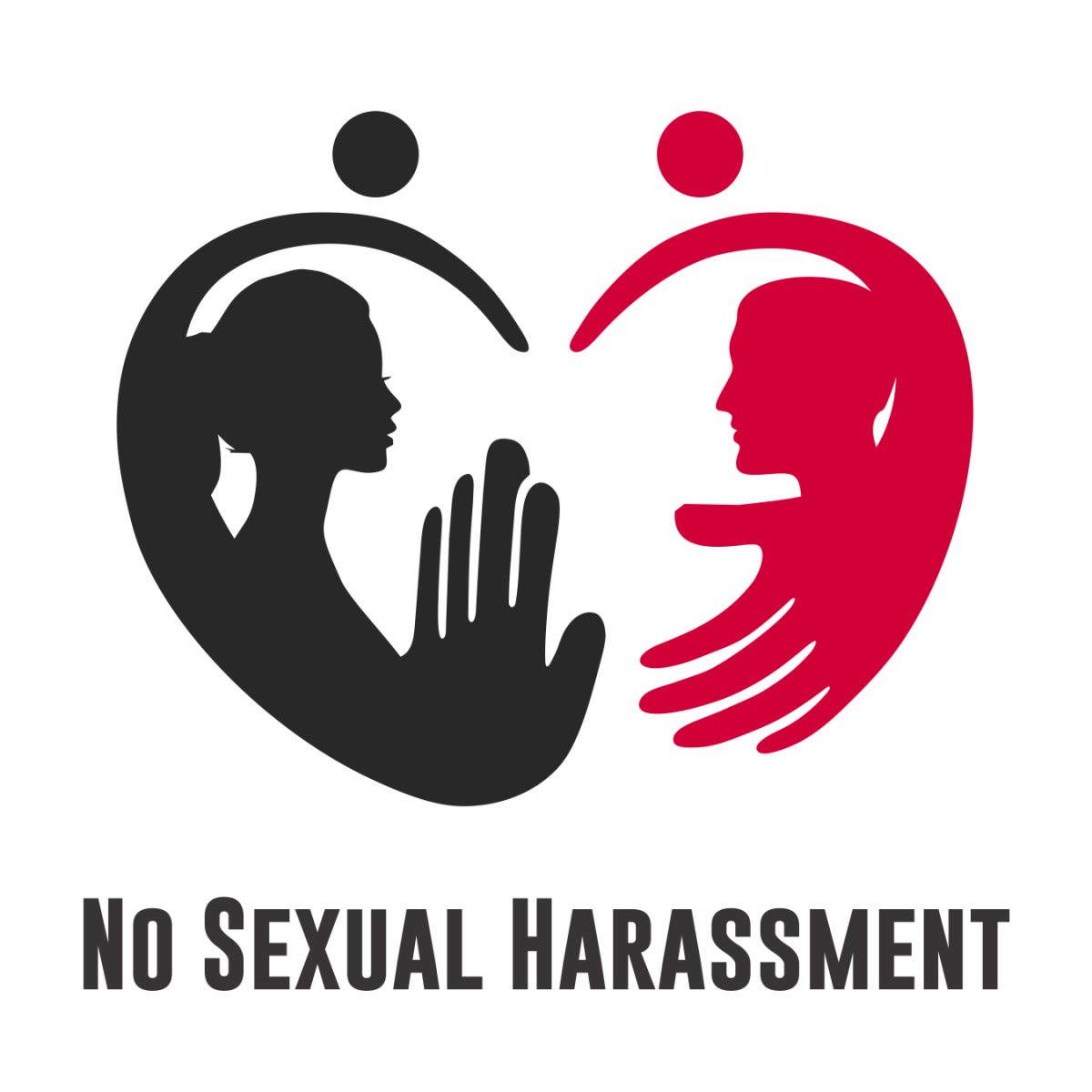Sexual Harassment
Jamaica vs Abroad
by Sabu
Posted on November 28, 2019 at 12:00 PM

Navigating a work environment comes with numerous challenges for both employees and employers, one of the most challenging being, dealing with instances of sexual harassment. Sexual Harassment is generally understood to involve unwelcome verbal and nonverbal sexual advances, which may compromise the dignity and integrity of the recipient.
However, the perception of what comprises “harassment’ can differ across societies, as what may be deemed as appropriate in one culture, may not be seen as such in another. To demonstrate these cultural differences, let’s look at examples of non-verbal and verbal interactions, across Jamaican, North American and European societies.
In many European countries, it is not uncommon for women in professional settings to be greeted with a kiss. Although accepted socially in several countries, kissing, as a professional greeting, is not usually expected in Jamaica and North America, and planting a kiss on a female colleague may become problematic. Where lines may be drawn professionally with kissing, in Jamaica touching a colleague is tolerated more frequently than it should be, and more than it would be in Europe and North America . This inappropriate intimacy is not limited to physical contact, as there are also issues with verbal communication as well.
Despite presenting as a relatively conservative and formal society, the Jamaican workplace is rife with overly familiar discourse. It is not unusual to hear the terms, “Darling” or “Sweetheart”, being used to address staff members, typically women. While this is rarely treated as offensive in that particular work environment, these comments would be met with considerable disapproval in a North American workplace, and would be firm grounds for a complaint.
With an increase in public awareness and demands for organisational accountability in the current global environment, comprehensive sexual harassment policies are an integral part of proper business practice and good governance. Even with an understanding and appreciation of cultural nuances, sexual harassment prevention and policing should be practised at a universally accepted standard. By developing an organisational culture of respect and security, the workspace created will promote employee satisfaction, and ultimately, organisational success.